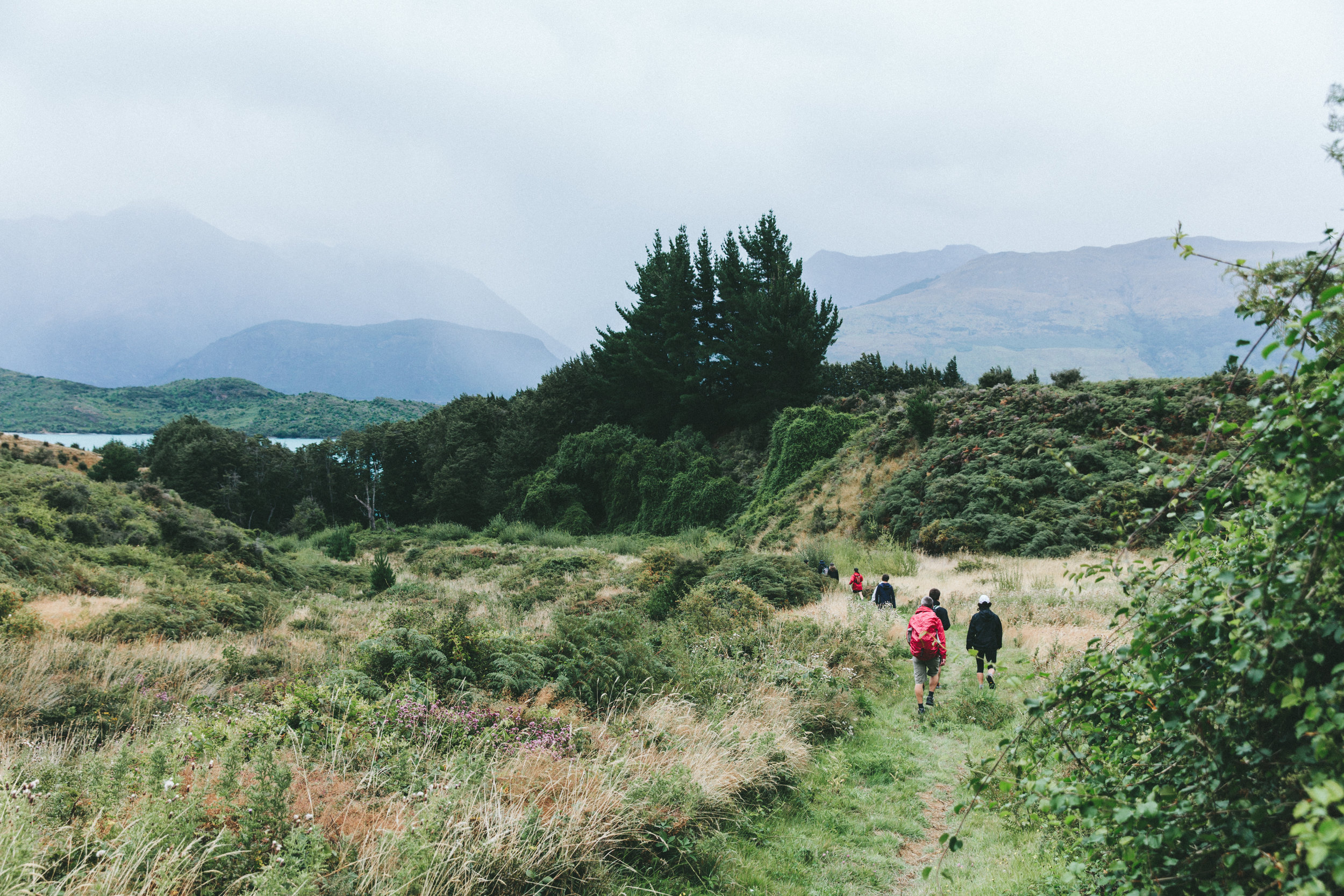
Why it matters
To give people a healthy, beautiful smile that will enable them to live a better life.
January 7, 2020
The Guardian: “Americans are dying because they can’t afford medical care.”
Veteran care:
Dental Diseases From Military Service
April 26, 2013/in Healthcare
By Debbie Gregory.
The VA assumes that certain diseases can be related to a Veteran’s qualifying military service. They are called “presumptive diseases.” For example, World War II veterans suffered from the effects of malaria. Many Viet Nam veterans have increased rates of cancer, as well as nerve, digestive, skin and respiratory disorders through their exposure to Agent Orange.
Sgt. Steve White, Spc. Stevie Chebahtah and Spc. Brad Gotschall served together in Mosul, Iraq. All three soldiers had good oral health before going on active duty in Iraq. Their dental problems began when they returned to the United States. Their symptoms were all the same: their teeth became gray, then their teeth weakened, and finally they began to break. Although they are receiving compensation from the VA for other disabilities, the VA will not compensate them for their dental problems
Infectious diseases caused by pathogenic bacteria, viruses and protozoan parasites are among the most common and widespread health risk of drinking water. People are introduced to these microorganisms through contaminated drinking water, water drops, aerosols and washing or bathing. Initially, the soldiers thought that the drinking water in Iraq may have caused their problems. Spc. Chebahtah said she often had to drink water purchased from Iraqis when out on patrol. The VA has rejected bottled water as the source of the oral health problems. Byron Harris, an investigative reporter for WFAA News, recently interviewed soldiers who have also experienced dental deterioration since serving in Iraq. Harris has been trying to find the source of oral health problems plaguing U.S. soldiers returning from the war in Iraq.
Dr. Terry Rees, a periodontist at Baylor College of Dentistry interviewed Brad Gotschall. Dr. Rees suspects the oral disintegration is related to serving in Iraq, but he has no idea of what the origin might be. Dr. Rees, a military veteran with 27 years of service, says that many of the stresses soldiers face in combat can lead to oral deterioration.
The problem for these veterans is that the VA doesn’t pay for dental care unless a soldier is 100 percent disabled. That means soldiers have to pay huge dental bills without any government help. One non-profit that is stepping up to the plate is Rebuilding America’s Warriors (R.A.W). Founded in 2007 by Maggie Lockridge, R.A.W is dedicated to providing reconstructive surgeries to American war veterans who have recently been wounded and/or disfigured while on active duty. To date, R.A.W has been able to enlist the help of a dozen dentists nationwide who are helping vets. One of R.A.W.’s volunteer dentists, Dr. Richard Beadle, said, “We’ve all heard stories about doctors doing things for vets, … So it’s my time to do a little something.”
Spc. Gotschall has received dental care through the R.A.W. foundation. “My message to the government would be to please go back and re-address this problem,” said Lockridge. Hopefully, the VA will re-consider their stance on this health issue, which will only get worse as more and more of our nation’s finest return home.
Pennsylvania Homelessness Statistics
As of January 2020, Pennsylvania had an estimated 13,375 experiencing homelessness on any given day, as reported by Continuums of Care to the U.S. Department of Housing and Urban Development (HUD). Of that Total, 1,550 were family households, 977 were Veterans, 716 were unaccompanied young adults (aged 18-24), and 1,772 were individuals experiencing chronic homelessness.
Public school data reported to the U.S. Department of Education during the 2017-2018 school year shows that an estimated 30,624 public school students experienced homelessness over the course of the year. Of that total, 440 students were unsheltered, 6,681 were in shelters, 2,231 were in hotels/motels, and 21,901 were doubled up.



